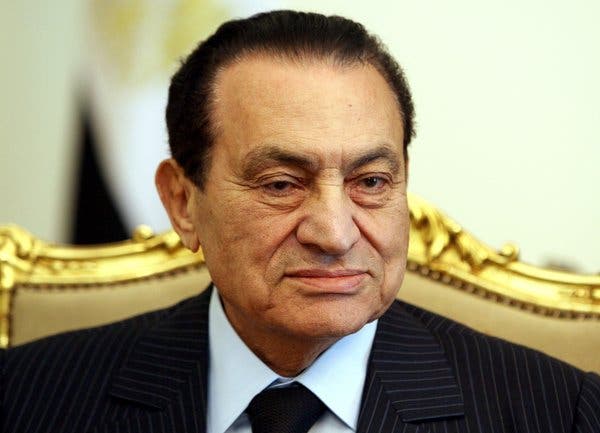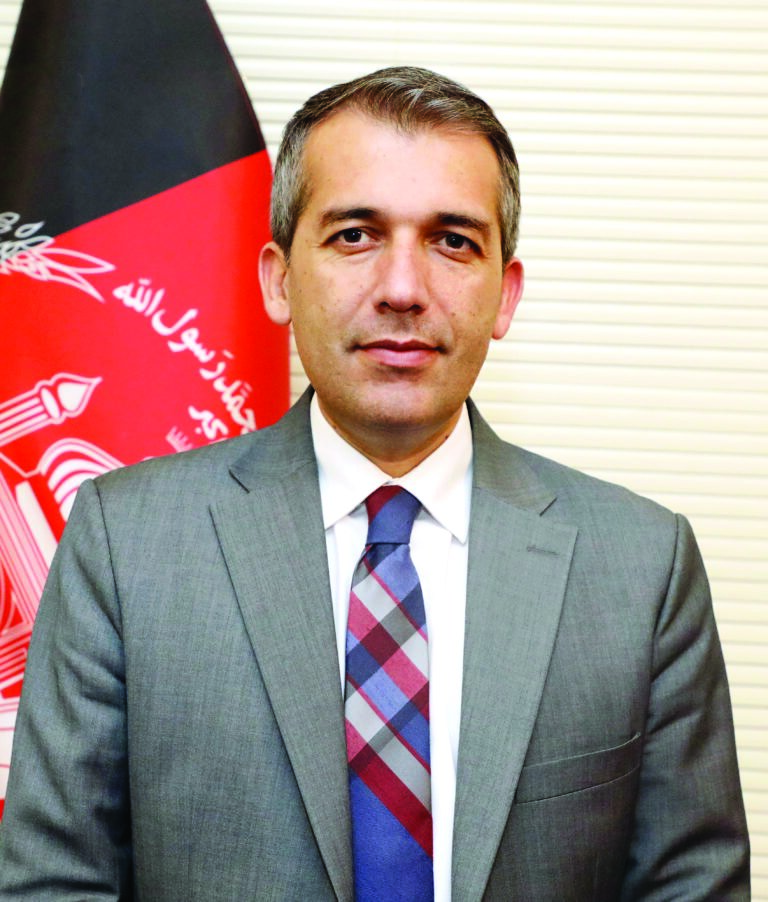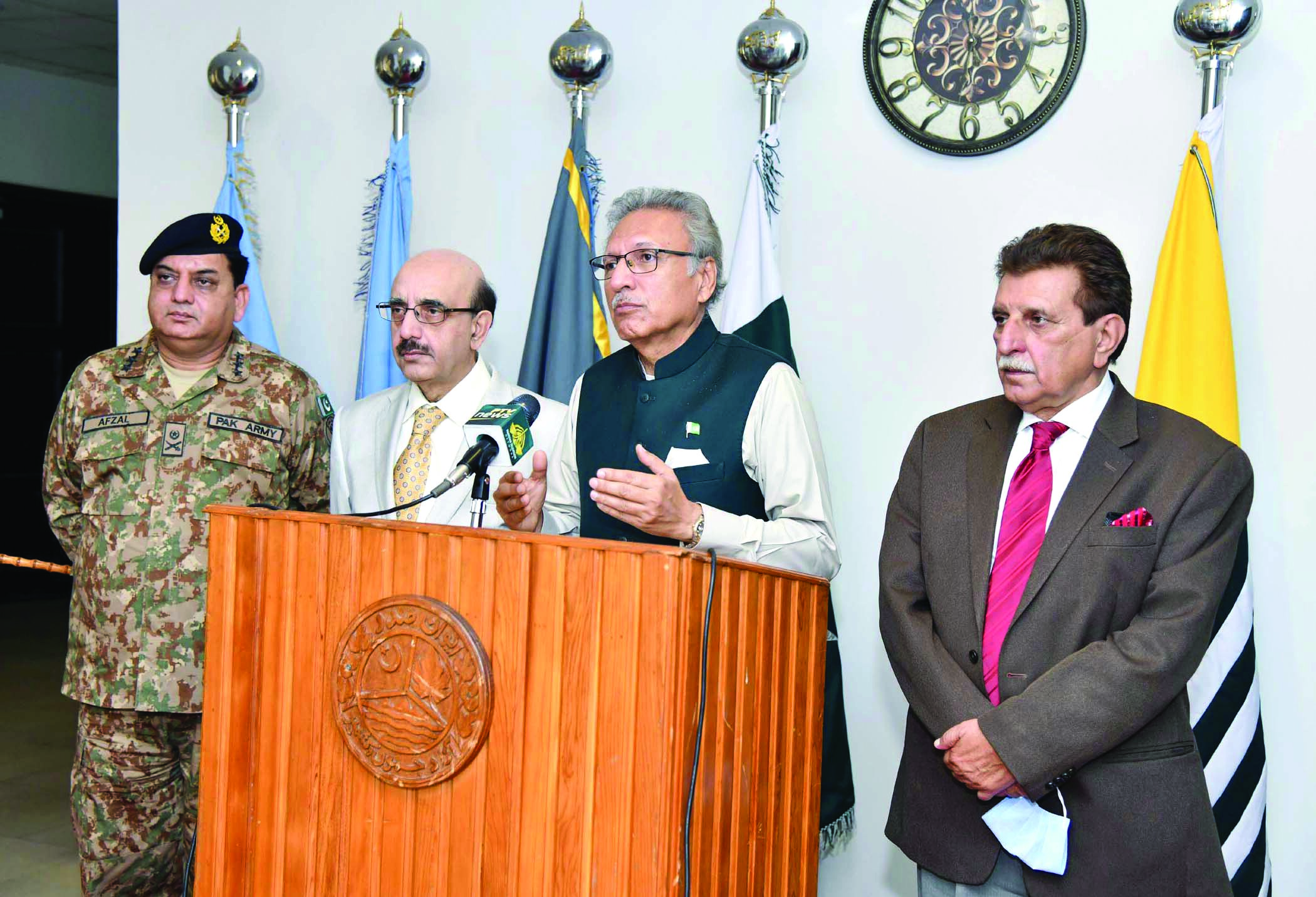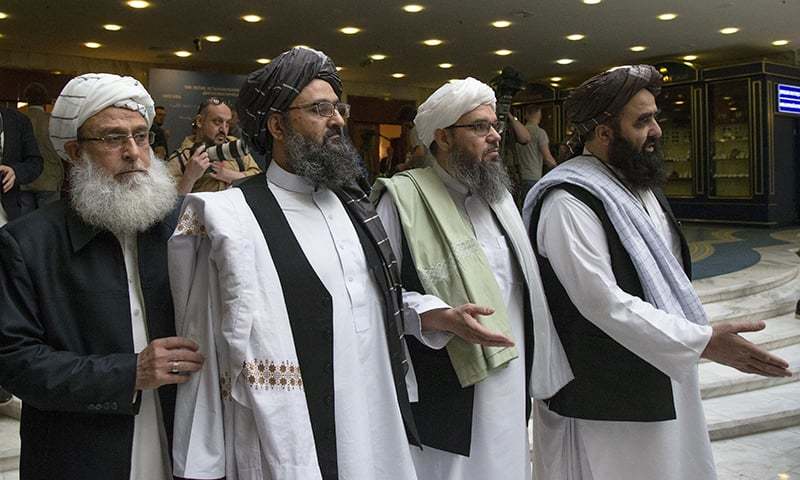Former President of Egypt Muhammad Morsi collapsed on June 17 just after having addressed the court. Speaking from the glass cage he was kept in during court sessions, he had warned that he had “many secrets” he could reveal, a judicial official said. In earlier court sessions he used to give angry speeches until judges ordered that he be kept in a glass cage where the court could turn off his audio.
State TV, citing an unnamed medical source said he died after suffering a heart attack. There were a dozen other Brotherhood members on trial inside the glass cage, including some physicians who in vain tried to administer Cardiopulmonary resuscitation (CPR) a first aid measure.
The Muslim Brotherhood has accused the government of “assassinating” him through years of poor prison conditions. State TV said Morsi died before he could be taken to hospital. Brotherhood has demanded an international investigation into Morsi’s death and called on Egyptians to protest outside Egypt’s embassies across the world. Brotherhood is unlikely to be able to pull off mass protests in Egypt, where protests became all but impossible under a draconian law passed soon after General El-Sisi came to power.
Morsi’s death sentence was overturned in 2015 but was his death in court an effective slow-motion fulfillment of that sentence? The regime forced Morsi’s family to bury him under heavy security at a Cairo cemetery. Morsi’s son, Ahmed, said security agencies refused to allow Morsi to be buried at the family’s cemetery. Morsi’s imprisoned son, Ossama was allowed to attend the burial.
Morsi, 67, hailed from Egypt’s largest Islamist group, the now outlawed Muslim Brotherhood, and was elected president in 2012 in the country’s first free elections following the ouster the year before of longtime leader Hosni Mubarak. The military toppled Morsi in 2013 after massive protests and crushed the Brotherhood in a major crackdown, arresting Morsi and many others of the group’s leaders.
During his years in prison, Morsi, who was known to have diabetes, was often held in solitary confinement and was largely barred from receiving visitors. His family was only allowed to visit three times. While in detention, Morsi continued to appear in court on a range of charges. His protests and those of outside monitors that he was not being adequately treated for his medical conditions, including diabetes and liver problems, were ignored; a panel of British lawyers and politicians found last year that his treatment could be described as “torture.”
Turkish President Erdogan has stated that his close ally Morsi was “killed” and accused Egyptian authorities of failing to intervene to save the ex-president. “Morsi was struggling on the floor in the courtroom for 20 minutes. Erdogan said: “Morsi was killed, he did not die of natural causes.” Erdogan added that Turkey would do everything in its power to ensure Egypt faces trial in Morsi’s death. He also called on the Islamic Cooperation Organization to “take the necessary action” over Morsi’s death.”
In her opinion piece “Mohamed Morsi Died in a Soundproof Cage”, for The New York Times, Mona Eltahawy stated that “Almost every day since the revolution that paved the way for Mr. Morsi’s election, I have worked on a draft obituary in my head for another former president I had assumed would die first: Hosni Mubarak. And yet Mr. Morsi is dead at 67, and Mr. Mubarak, 91, is not just alive but also free. Their divergent fates tell the story of so much that ails Egypt today”. At first, Mr. Morsi was held in a high-security prison near Alexandria, and then later in Tora prison in the notorious special wing nicknamed Scorpion Prison, which a former warden said in an interview “was designed so that those who go in don’t come out again unless dead. It was designed for political prisoners.”

The writer adds: “By contrast, look to the cushy treatment afforded to Mr. Mubarak by a “justice system” he had spent years stacking with his men. After 30 years in office during which rigged elections, torture and corruption were systematic in Egypt, Mr. Mubarak was forced to step down by the revolution on Feb. 11, 2011. No notorious prison for him, however. During his various trials, Mr. Mubarak was housed in a cushy military hospital from where he would be flown to court and theatrically wheeled in on a gurney, his attorney pleading all the while that his client was close to death. Our current military rulers never forgot that Mr. Mubarak the former head of the Air Force was one of them. It is as if the powers that turned off Mr. Morsi’s microphone in his soundproof courtroom cage have turned off the national conscience. Egypt’s Western allies, too, are colluding with Mr. el-Sisi in the collective amnesia”.
Samy Magdy commented for The Times of Israel captioned “Egypt’s Morsi quietly buried, a day after courtroom death”. In his final comments, he continued to insist he was Egypt’s legitimate president demanding a special tribunal, one of his defence lawyers, Kamel Madour told The Associated Press. It was a dramatic end for a figure central in the twists and turns taken by Egypt since its “revolution” from the pro-democracy uprising that in 2011 ousted the country’s longtime authoritarian leader, Hosni Mubarak, through controversial Islamist rule and now back to a tight grip under the domination of military men”.
A Washington Post editorial captioned “The unjust death of Mohamed Morsi shows how far Egypt has regressed” stated: the gross mistreatment Mr. Morsi was subjected to over the past six years offers a vivid demonstration of how human rights have regressed in a country that once aspired to set political standards for the Middle East”.
Human rights advocates, including at the United Nations, have called for an independent investigation. The outcome will more likely focus greater attention on the wickedness of the Sissi regime, which is guilty of by far the worst human rights offenses in Egypt’s modern history. Rupert Colville, spokesman for the United Nations High Commissioner for Human Rights, called for a “prompt, impartial, thorough and transparent investigation” into Morsi’s death. Also Human Rights Watch’s Sarah Leah Whitson criticized Egyptian authorities for failing to provide adequate medical care for Morsi. She termed Morsi’s treatment in prison as “horrific, and [wanted] those responsible should be investigated and appropriately prosecuted.” “Egypt has rejected Whitson’s statements as “nothing but false claims” that reaffirm what it called “HRW’s tradition of “circulating lies.”
The United States has consistently enabled this horrific record, continuing to provide the military with $1.3 billion in annual aid. Congress has imposed human rights conditions only to see them waived by the Trump administration. President Trump has received Mr. Sissi twice at the White House and described him as a “great president.” Let the record show that this particular great president just presided over the cruel and unjust death of his predecessor.

As a nation Turkey mourned Morsi’s death. Public sentiment on this account was clearly visible. Turkish President Recep Tayyip Erdogan said he doesn’t believe Morsi died of natural causes, without providing evidence. “Mohammed Morsi walked to join God during the trial. Whether this was a normal walk, or were there some other conditions involved, this is something to think about.” “I don’t believe that this was a normal death,” he said.
On June 20, Pakistan’s Senate unanimously adopted a resolution to express deep sorrow and shock at the tragic death of Morsi. The resolution said the struggle and sacrifices of Muhammad Morsi for the cause of democracy, parliamentary supremacy, constitutionalism, civilian supremacy, rule of law, justice and fundamental rights will not go in vain and shall be remembered by all the democratic people around the world in general and the future generations in Egypt in particular.
President Morsi addressed the ministerial session of UNGA on September 26, 2012. Excerpts from the speech appended below show his vision of a justice based International System:-
“Mr President,
Egypt would like to stress that the international system will not get fixed as long as the application of double standards remains. We expect from others, as they expect from us, that they respect our cultural particularities and religious points of reference, and not seek to impose concepts that are unacceptable to us or politicize certain issues and use them as a pretext to intervene in the affairs of others.
What Muslims and migrants are going through in a number of regions worldwide, in terms of discrimination and violation of their human rights, and vicious campaigns against what they hold sacred, is unacceptable. It is opposed to the most basic principles of the Charter of the Organization where we meet today. These practices have become pervasive enough that they now carry a name: Islamophobia.
We must join hands in confronting these regressive ideas that hinder cooperation among us. We must act together in the face of extremism, discrimination, and incitement to hatred on the basis of religion or race. The General Assembly, as well as the Security Council, has the principal responsibility in addressing this phenomenon that is starting to have implications that clearly affect international peace and security.
Mr. President,
The obscenities recently released as part of an organized campaign against Islamic sanctities is unacceptable and requires a firm stand. We have a responsibility in this international gathering to study how we can protect the world from instability and hatred. Egypt respects freedom of expression; one that is not used to incite hatred against anyone; one that is not directed towards one specific religion or culture; a freedom of expression that tackles extremism and violence; not the freedom of expression that deepens ignorance and disregards others. But we also stand firmly against the use of violence in expressing objection to these obscenities”.
We are living in an era where high profile murders are conveniently pushed under the carpet. It is too early to fix responsibility for the death of former President Muhammad Morsi, however, fingers are being pointed towards Egypt’s incumbent regime for a premeditated murder. There is need for appointment of UN mandated Independent Commissioner to probe the event.





